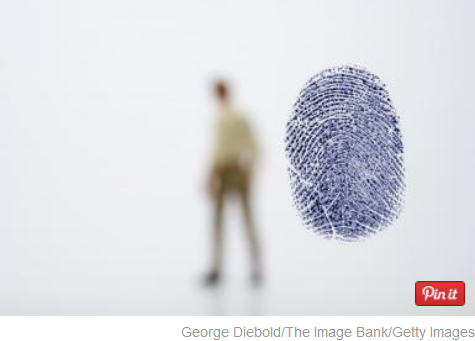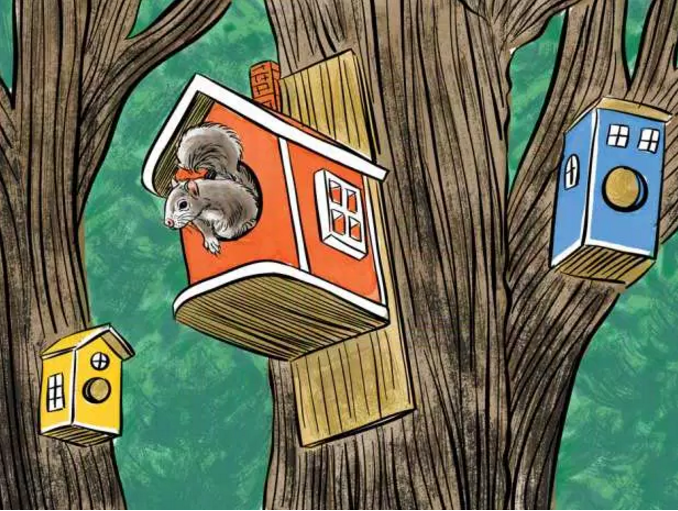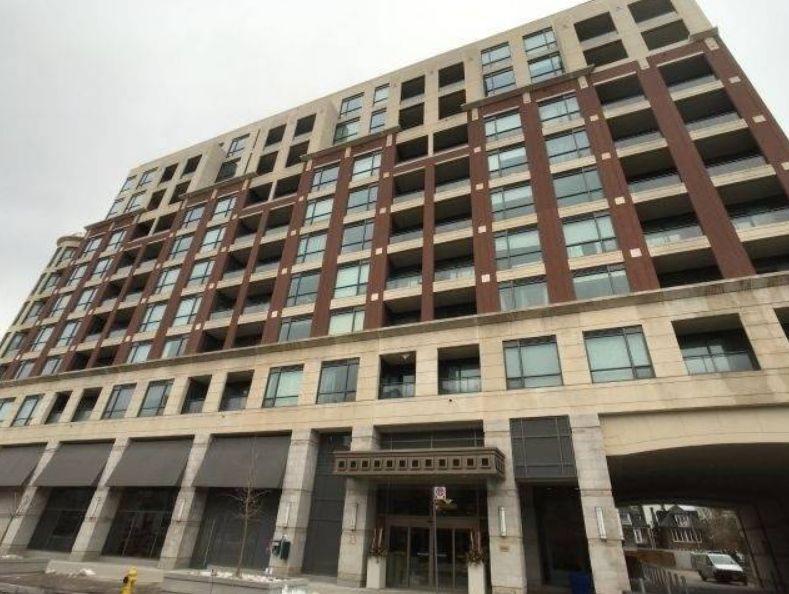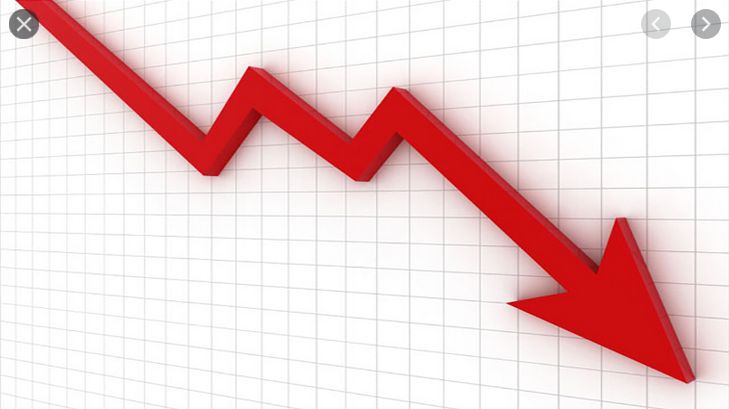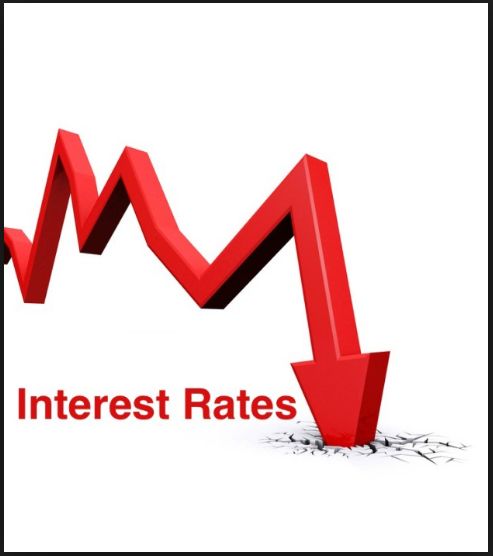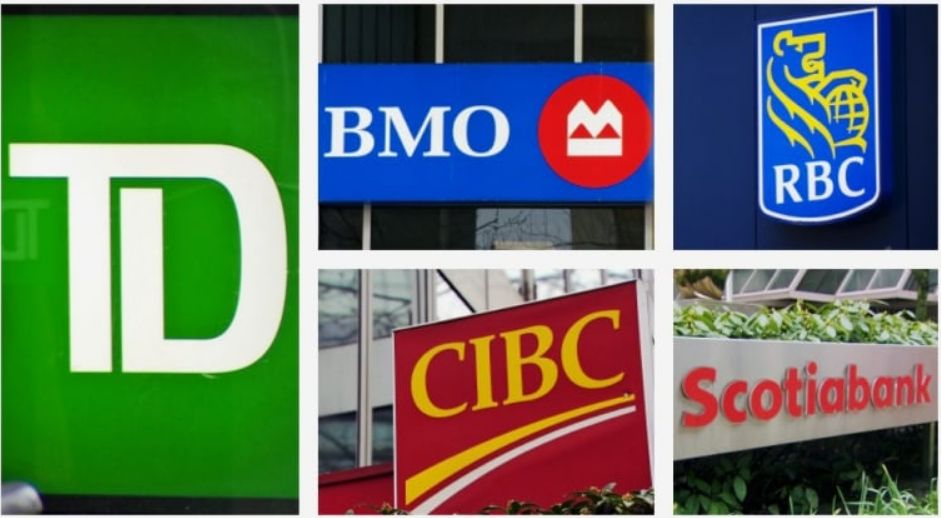A thief could be feeding off of your identity for years before you find out—and when you find out, it’s only when you apply for a loan or to rent an apartment and get rejected on the grounds of bad credit—which the thief has tanked.
Another way people find out by accident that their identity has been stolen is when they’re denied admission to a school.
And yet another tip-off that you’re a victim is when you get calls from a collection agency demanding you pay up for products you never bought or even heard of.
The way your credit can be damaged by the thief is that they either open an account in your name, or get hold of the information on a current account of yours. Then the crook makes giant purchases (often starting out small to avoid setting off alarms) that never get paid.
Identity theft is extremely common, affecting not just individuals but also businesses. All the time, hackers get into the systems of businesses and cause destruction.
So as you’re reading this, can you say with absolute certainty, “I am not a victim of identity theft?”
You may already be a victim and not have a clue. For example, when’s the last time you looked at your credit card activity? By its very nature, identity theft is a “quiet” crime that doesn’t go banging on your front door like a home invader. Here are the signs:
- A peanut-sized charge is on your credit card statement—you have no idea what it’s for.
- You get calls from a collection agency about payments you owe for a product or service you never purchased.
- You get statements for a credit card you never signed up for.
- You receive a new credit card in the mail even though you didn’t request one.
- You try to buy something small with your credit card, but it gets declined even though last time you checked, you had plenty of credit on it.
- Your credit score, normally high, has suddenly taken a plunge.
- You’ve had packages delivered to your door but have not ordered anything. Nobody you know has claimed to be the giver, either. This likely means that someone used your credit card to buy things but wasn’t bright enough to change your address to his.
- You’ve sent a lot of money to a relative or friend who, seemingly out of the blue, contacted you about their crisis, asking for your financial help—requesting that you wire the money to them. Oddly, the communication was only through e-mail, not the phone.
- Your monthly billing statements from a credit card have suddenly ceased, even though you didn’t request this. A thief could have changed your mailing address.
- Your credit report contains information that doesn’t make sense, such as an unfamiliar address or name of a lender you’ve never heard of.
- A loan application has been rejected, and/or so has an application for a job or place to rent.
- You were arrested for a crime you never took part in.
- Money from your bank account has mysteriously vanished.
- Your driver’s license is mysteriously suspended for violations you didn’t commit.
- You can’t gain access to your online accounts—as though someone has changed your passwords.
If any of these signs applies to you, immediately contact the company involved. Gather relevant information ahead of time so that you’re as prepared as possible during that first phone call. Note everything that transpires; keep meticulous records.
Please read the full post in about money

